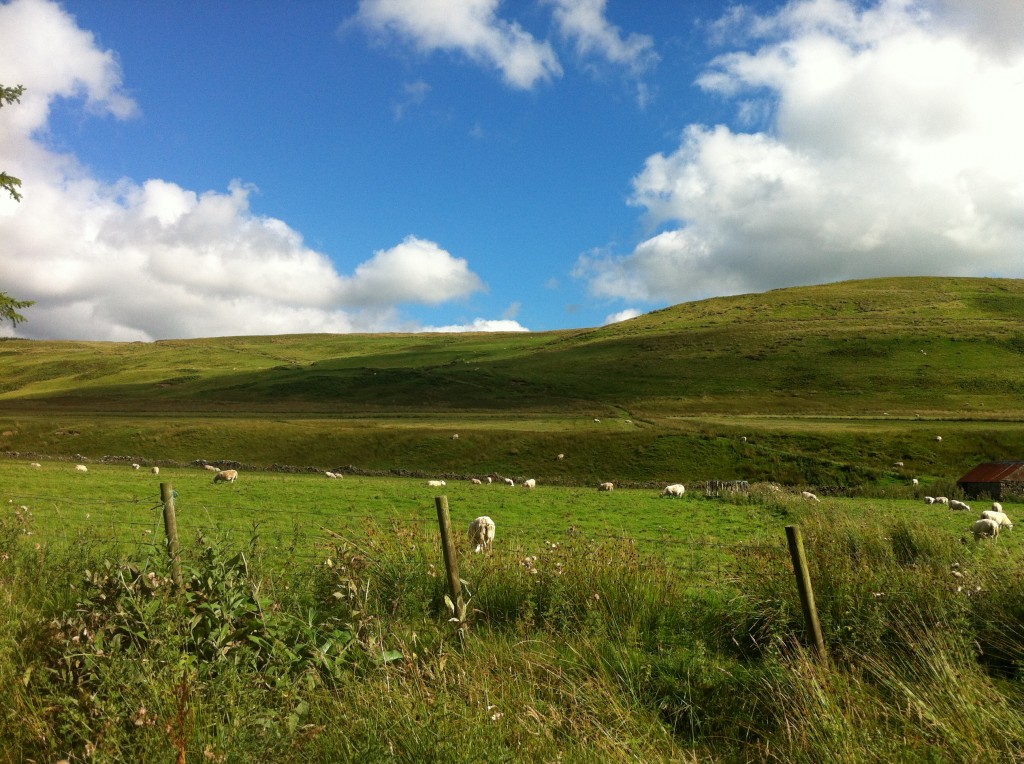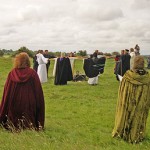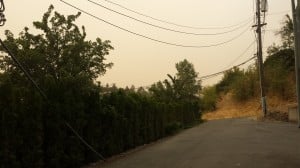Recently I read a blog post by Michael Taft at HuffPost, called Take Your Body With You. In it, he talks about the importance of his physicality and sexuality to his spiritual path, and how he believes his commitment to celibacy and giving up all the bodily pleasures he enjoyed so much as a younger man in an effort to reach his spiritual goals was deeply wrong-headed.
As a Pagan, I agree wholeheartedly about the sacredness of the body, of sex and of pleasure, and of the vital importance of not excluding any aspect of our humanity from our spirituality path and practice. It is one of the worst aspects of the split between body and spirit which goes back not only to Christianity, but all the way to Classical Greece.
However, I do think there is a place for withdrawal, even in immanence-based spirituality. Cleansing is vital, and sometimes withdrawal is the only way to achieve that. But there are ways and ways of doing it. It’s about choice, and about listening to all parts of ourselves, and about flowing with the rhythms of our own path, not doing something just because someone else told us to.
For example: when I was a teenager, I drank. I drank a lot. Not as much as my friends, but still, more than was healthy for me either physically or emotionally. As I became fully adult, I toned my drinking down. I drank socially on occasion – a pint of cider or beer, or maybe a glass of wine with a meal.
In the mid-90s I had a physical-spiritual experience which turned me inside out and upside down. And within a few months, I found that I could no longer drink alcohol without suffering from crippling depression for days afterwards. So I gave it up.
I didn’t give it up because someone in a pulpit or a book told me it was “wrong” or “sinful” or a block to “enlightenment”, but out of love and respect for my own self. My body was telling me it was time to withdraw from stimulants and intoxicants, so I did. I was becoming more sensitive in all ways to my environment, beginning to relate to it in different ways.
Another example: in 2000, my partner and I moved to the country with our two dogs. Our new home was not only rural, but extremely so. Two miles of farm track to reach the road, then another 13 miles to the nearest town – and neither of us drove at the time. By choice, we had no TV or newspapers. Intermittent Internet access. Crackly phone line. No neighbours to speak of. Surrounded by hills, streams, trees, sheep and wildlife.

The first few years in our new home – and especially the first 6 months – was a time of blissful detoxification from modern life. My sensitivity increased exponentially. The first time I went to the nearest city, I felt side-swiped by the idea that people could actually choose to live on top of each other like that. It felt like a physical pain. The first time I went down to London after moving, I could actually hear the buzz of people’s thoughts, the massed swarming of countless busy minds.
In both of these cases, my withdrawal, my apparent asceticism, actually brought me into deeper touch with the sacredness of the physical: both of my own body, and of the land on which I walk. It enabled me to hear, see, smell, taste and feel more clearly, more sweetly, more deeply.
Gradually, we reintroduced ourselves to the world. We went shopping, and to the cinema. I took a job in the nearest city. We visited friends and family in London and Birmingham more often. I learned to drive. Now we even, through the medium of the Internet, watch television programmes.
But what that time of withdrawal and detoxification did for me was to give me the realisation that my engagement in the confusion of modern living is a choice. I consciously choose to watch specific television programmes, at specific times. I consciously choose to engage or not engage in social or political debates. When I go into areas of mass population, I am, at base, clearer about what is me or mine to get enmeshed in, and what is not.
My sense of my own space and place in the world is stronger, more rooted, and much, much calmer for my time of withdrawal. It’s not a part of everyone’s path, but it has its place, and we should be careful not to dismiss it too glibly.
















